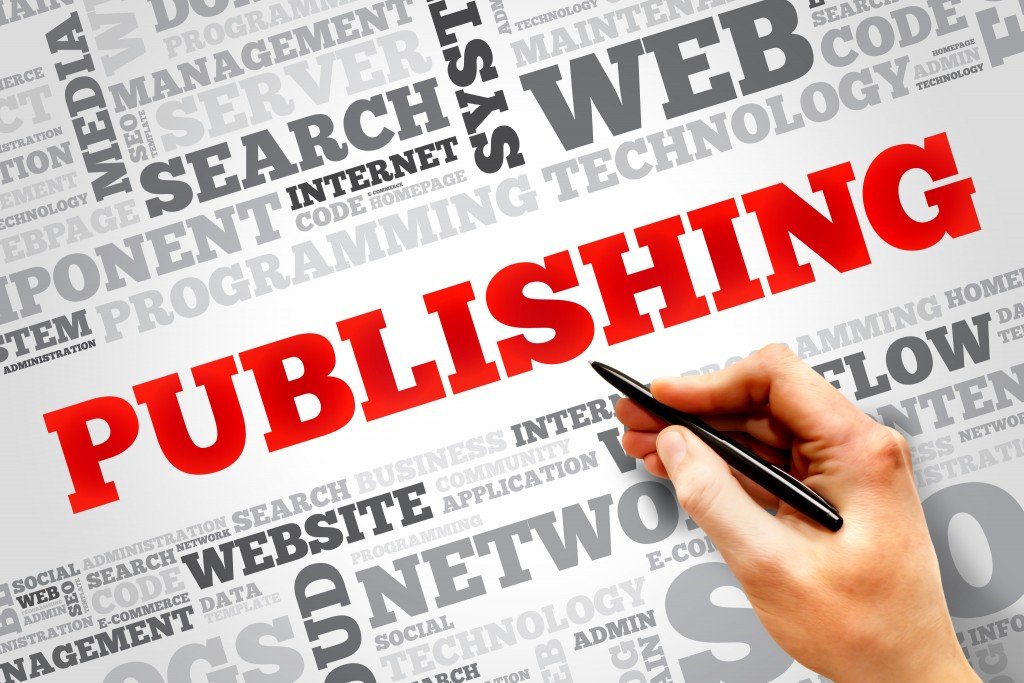Self publishing companies’ emergence in recent years has radically altered the book business. Rising writers no longer have to depend on established publishing companies to realize their stories. Rather, from the first draft to the last release, they can fully control their work. Still, what makes self publishing services so groundbreaking? We will discuss in this post how these services enable writers, change the publishing scene, and provide a novel method of narrative expression.
Enabling Writers to Take Charge
For years, the gold standard for writers has been traditional publishing. But it usually comes with major obstacles as well, including locating a literary agent, landing a contract, and negotiating the protracted submission process. Many times, these challenges can demoralize writers. Conversely, self publishing companies remove these obstacles by offering a straight line route to publication. From writing and editing to cover design and marketing, authors today supervise all facets of the production of their book.
This degree of control enables writers to make judgments most in line with their vision. Self publishing companies let you avoid sacrificing substance, design, or even release deadlines. Writers are free to produce a book on their terms that appeals to their intended readers, therefore guaranteeing authenticity all through the production.
Improved Time to Market
The rapidity with which a book can reach market is among the most important benefits of self publishing services. Usually spanning years, traditional publishing schedules might cause a book to be delayed for reasons outside of the author’s control. Self publishing turns the script and provides a quicker and more effective route to publication.
Authors can post their work on sites like Amazon Kindle, Apple Books, or others within a number of weeks once the book is finished and correctly prepared. This quick approach lets authors take advantage of trends, satisfy seasonal publication schedules, or just get their novel into hands more quickly.
Financial Gains from Self-Publishing
Although conventional publishing gives some degree of reputation, self publishing platforms give writers the possibility for better income. Traditional approaches sometimes pay authors a meager fraction of royalties because of the several middlemen engaged. Using self-publishing sites let authors keep more of the earnings, so increasing the financial gratification of the process.
Moreover, self-publishing companies sometimes provide scalable pricing, which lets writers pick services depending on their means. From sophisticated marketing packages to simple formatting, these services offer flexibility uncommon in the conventional publishing environment. Spending can be changed by authors depending on their demands and expectations, therefore optimizing their revenues and investment.
Exceeding Genres and Niche Audiences
Self publishing’s capacity to serve specialized genres and readerships that might not appeal widely in the conventional market is among its most transforming features. Mass-market novels more likely to bring in big income are often the focus of publishing companies. This gives specialty writers few options.
Whether it’s a particular sub-genre of science fiction, a specialized issue in non-fiction, or a distinctive literary style, self publishing platforms let writers produce for particular audiences. Though conventional publishers might not be interested in these publications, committed readers will find great delight in them. The book business is more varied and inclusive than it has ever been thanks to publishing’s democratisation.
Conserving Creative Rights and Ownership
Self publishing companies also provide another very important advantage: authors keep complete ownership of their work. In conventional publication, the rights to a book are generally signed up to the publishing business, therefore leaving the author little influence over future usage of their material. Self publishing lets writers retain all ownership of their intellectual property, thereby enabling them to modify their book into different forms as audiobooks, movies, or even merchandising.
Long-term success is opened by this freedom since authors can keep benefiting from their work in ways that would not have been possible under conventional contracts.
Global Accessibility and Reach
Many self-publishing companies’ web presence guarantees writers’ ability to reach a worldwide audience as well. Digital tools like Kindle Direct Publishing and Smashwords let authors release ebooks available to readers all around. Authors no longer have to rely just on physical distribution—which can be expensive and time-consuming. Providing print and digital versions of their work helps authors maximize their audience and guarantee that as many readers as feasible may access their book.
Ultimately, The Direction of Publishing
By giving writers unheard-of power, flexibility, and financial possibility, self publishing platforms are transforming the book business. They have leveled the playing field so that authors from many backgrounds and genres may tell their stories to the globe. Whether you are a seasoned writer or a first-time author, self publishing presents an innovative and inspiring road to success.
The future of publishing will probably grow even more inclusive and varied as these platforms develop, therefore giving voice to stories that may never have been spoken. The only restriction with self publishing services is your imagination.
